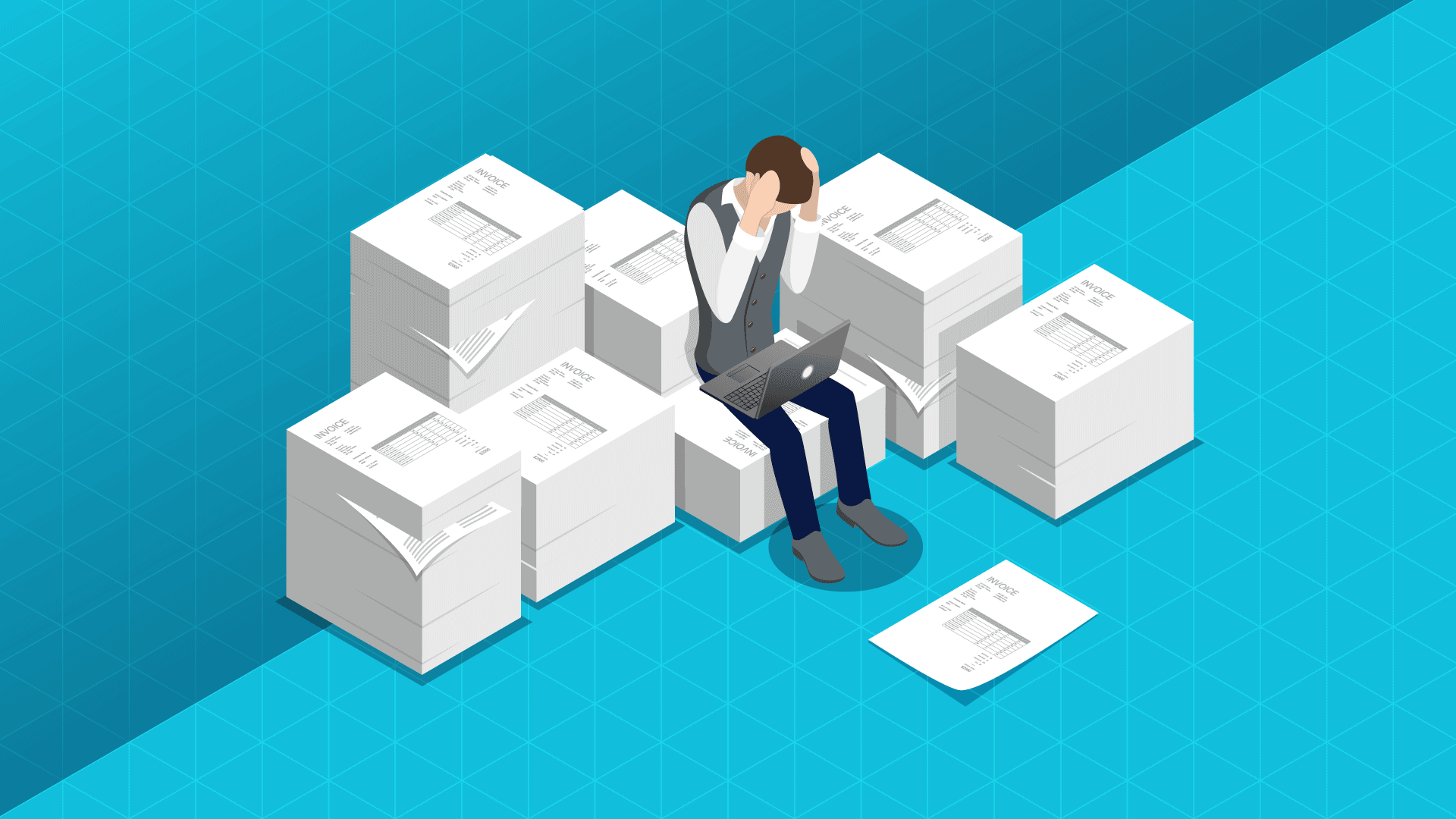In the last decade, the global financial services industry has seen significant transformation led by four primary factors— an evolving regulatory landscape, digital disruption, a slow-down in economic growth and growing consumer indebtedness. These factors combined are forcing businesses of all sizes to rethink traditional customer repayment models in order to learn more from their customers, increase customer engagement, drive real-time decision-making and ultimately get paid.
The recurring billing model is a developing trend within the SME landscape, offering businesses lowered transaction costs, less complexity and easier reconciliation. It also gives businesses the opportunity to analyse interactions with customers that could lead to greater control over upselling opportunities and customer retention, thereby building productive customer relationships.
But what is it about the current macro environment that lends itself towards a successful recurring billing model? Louis van Biljon, Head of Commercial Growth at BankTech, gives his top reasons.
1. Liquid expectations
Established and trusted names are changing expectations of customer experience. With the likes of Netflix, Spotify and Apple Music, among others, offering monthly subscriptions instead of a costly upfront investment, today’s consumers have come to value lower monthly costs as opposed to more capital-intensive purchases. This helped establish trust in the recurring billing concept and removes significant barriers to entry for small businesses.
2. Little start-up capital required
In our digital economy, it has never been easier for businesses to set up shop without hefty capital outlay at the start. In just a few simple steps, it is possible to register your business (Govchain), build your own company website (Wix, Squarespace), set up an online e-commerce store (Shopify, WooCommerce), store your intellectual property safely (Dropbox, Google Drive) and acquire management software (Xero, Wave), scaling these services on a needs basis, which enables smaller companies to get out the blocks quickly.
3. Access to banking technology
Historically, recurring billing models were restricted to larger firms with significant IT infrastructure and senior banking relationships. Nowadays, companies such as BankTech offer recurring billing or debit order systems for small businesses that enable them to start collecting quickly without the need for complicated technology integration.
4. Frictionless payments
The increasing trend of frictionless payments refers to online and offline checkout processes where the barriers to buying are reduced, i.e. decreasing the number of steps required to facilitate a purchase, therefore enabling a faster checkout. While the benefits to consumer include freeing up more time for other things and providing more payment flexibility, sellers should equally see fewer abandoned shopping carts and increased efficiency at checkout, leading to greater customer satisfaction and repeat purchases. Seamless recurring billing also removes any action required from the customer after initiation.
Small businesses—let’s help you get paid!
To learn more about setting up recurring billing for your business, get in touch with BankTech. BankTech offers an out-of-the-box solution, among other collections instruments. As South Africa’s latest authentication and collection instrument, DebiCheck has level of security that is very similar to that of a credit or debit card, where users are prompted to verify details, adding to a customer’s sense of security and trust.


